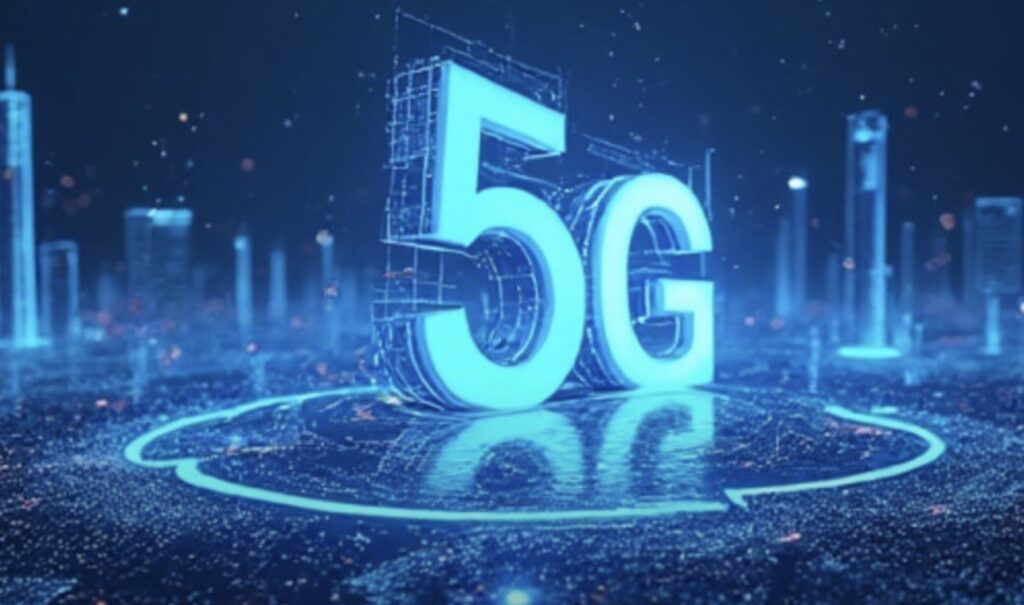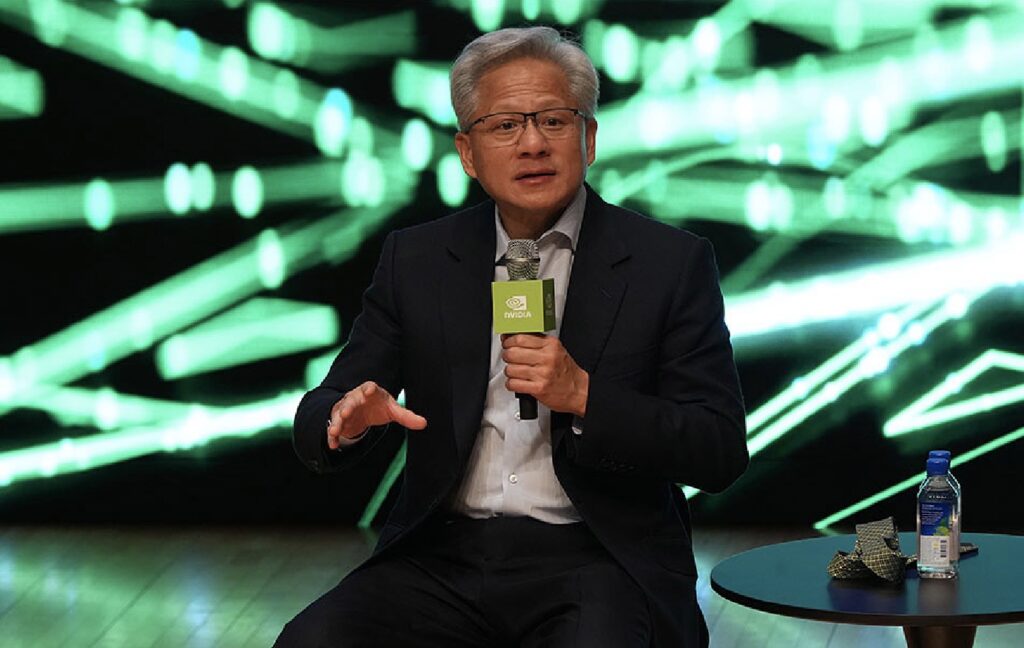As the Japanese tech giant sells its Nvidia stake for billions, it fuels a massive bet on the future of artificial intelligence amid market volatility.
- Strategic Asset Monetization: SoftBank offloads its entire Nvidia stake for $5.83 billion and part of its T-Mobile holdings for $9.17 billion to fund a $22.5 billion investment in OpenAI and other AI ventures, showcasing a calculated shift in its portfolio.
- Historical Context and Continued Ties: This isn’t SoftBank’s first Nvidia exit—having cashed out in 2019 after an early 2017 investment—but the firm remains deeply connected to Nvidia through projects like the $500 billion Stargate data center initiative.
- Financial Boost and Future Ambitions: Powered by a $19 billion Vision Fund gain, SoftBank doubles its quarterly profit, eyes further OpenAI investments up to 40% ownership, and announces a stock split to attract investors amid AI market jitters.
In the fast-paced world of tech investments, few moves capture the essence of high-stakes strategy like SoftBank’s recent decision to divest its entire stake in Nvidia. The Japanese conglomerate, known for its aggressive bets on emerging technologies, announced on Tuesday that it had sold 32.1 million shares of the U.S. chipmaker in October, netting a whopping $5.83 billion. This sale wasn’t an isolated event; SoftBank also disclosed offloading a portion of its T-Mobile stake for $9.17 billion. Together, these transactions form part of a broader “asset monetization” strategy, as articulated by Chief Financial Officer Yoshimitsu Goto during an investor presentation. “We want to provide a lot of investment opportunities for investors, while we can still maintain financial strength,” Goto explained, emphasizing the firm’s readiness to fund ambitious projects in a “very safe manner.” Nvidia‘s shares dipped 2% following the news, but analysts insist this isn’t a sign of waning confidence in the AI chip leader—rather, it’s SoftBank reallocating resources for even bigger plays.
This isn’t the first time SoftBank has cashed out on Nvidia, adding a layer of intrigue to the story. Back in 2017, SoftBank’s Vision Fund emerged as an early backer, reportedly building a $4 billion stake in the company at a time when AI was just beginning to dominate headlines. By January 2019, however, SoftBank had sold all its holdings, capitalizing on Nvidia’s rising value. Despite this latest exit, the ties between the two tech powerhouses remain strong. SoftBank is deeply involved in AI ventures that heavily rely on Nvidia’s cutting-edge technology, such as the ambitious $500 billion Stargate project aimed at building massive data centers in the U.S. to power next-generation AI applications.
At the heart of this divestiture is SoftBank’s “all in” bet on OpenAI, the maker of ChatGPT, which has become a cornerstone of the global AI race. The funds from the Nvidia and T-Mobile sales, combined with a margin loan on SoftBank’s holdings in chip designer Arm, are earmarked to support a staggering $22.5 billion investment in OpenAI. This influx will boost SoftBank’s ownership from 4% to 11%, positioning it as a major player in one of the world’s most valuable startups—valued at $500 billion based on fair market assessments. But the ambitions don’t stop there; the cash will also fuel other initiatives, including the acquisition of ABB’s robotics unit, expanding SoftBank’s footprint across the AI value chain from chips and large language models to practical robotics applications. As Goto highlighted, the Vision Fund’s aggressive push into AI began with its initial OpenAI investment in September last year, and the results are already paying off. The fund reported a blowout $19 billion gain in SoftBank’s fiscal second quarter, effectively doubling the company’s overall profit and demonstrating the lucrative potential of its AI-focused strategy.
Analysts are quick to contextualize SoftBank’s actions within the broader market landscape. Rolf Bulk, an equity research analyst at New Street Research, noted that the firm needs at least $30.5 billion in capital for investments in the October-December quarter alone—more than it has invested in the prior two years combined. This includes the OpenAI commitment and $6.5 billion for Ampere, another AI-related venture.
Yet, this bold pivot comes amid growing market volatility, with SoftBank’s own stock slumping in recent weeks due to fears of an AI bubble bursting. Global markets have been jittery, sending shockwaves through tech investments. In response, Goto addressed the fluctuations head-on: “Our share price recently has been going up and down dynamically… we want to provide as many investment opportunities as possible.” To that end, SoftBank announced a four-for-one stock split, designed to make shares more accessible and attract a wider pool of investors. This move, coupled with the firm’s transparent communication, reflects a savvy approach to maintaining investor confidence while navigating the uncertainties of the AI era.
In a broader perspective, SoftBank’s actions highlight the evolving dynamics of the tech investment landscape, where liquidity and strategic reallocation are key to staying ahead. By monetizing mature assets like Nvidia and T-Mobile, SoftBank is not just cashing in—it’s reinvesting in the next wave of innovation, from conversational AI to advanced robotics. As the company doubles down on OpenAI and beyond, it positions itself at the forefront of what could be the most transformative technological shift of our time. Investors and industry watchers alike will be keenly observing whether this high-wire act pays off, potentially reshaping the AI ecosystem for years to come.


